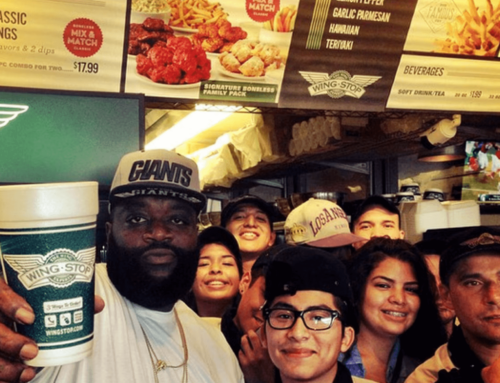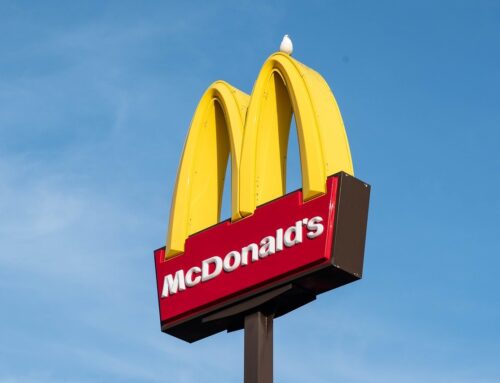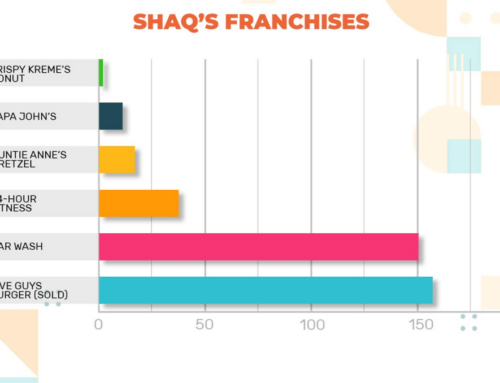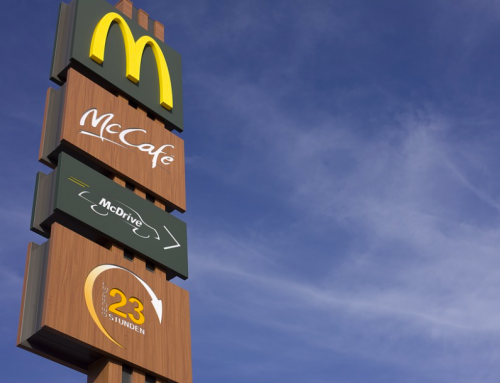There are more than 77,000 7-Eleven franchises in 17 countries worldwide, including 16,000+ in North America. As one of the biggest names in the convenience store industry, these numbers aren’t surprising. For years, 7-Eleven has proven to be one of the top-ranking franchises reaching the 4th spot in the Top 100 Global Franchises last year.
Thinking about investing in the convenience store? For starters, you’ll need a liquid capital between $50,000 to $150,000. A franchisee’s minimum net worth must be $150,000. I know these are a lot of numbers being thrown your way.
As an entrepreneur looking for a new venture, it’s your job to determine whether or not this investment is worth it. In this guide, I break-down whether or not this investment is worth your savings and time. A lot of this depends on your income goals from a franchise investment. See what I projected as a return on capital, opportunities, and threats to this convenience store chain below. Take our 8-minute franchise quiz to see if this chain is right for you.
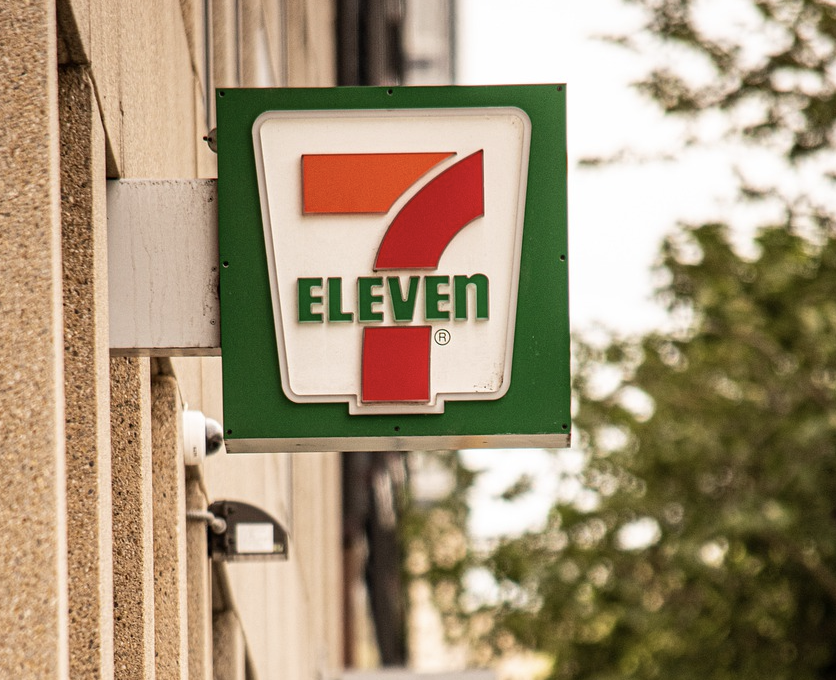
Outside a 7-Eleven Store.
Financial Requirements and Fees
| REQUIREMENTS | AMOUNT |
| LIQUID CAPITAL | $50,000 – $150,000 |
| NET WORTH | $150,000 |
| TOTAL INVESTMENT | $37,200 – $1,635,200 |
| FRANCHISE FEE | $0 – $1,000,000 |
| ROYALTY FEE | 50% gross profit |
Here’s a more detailed breakdown of the fees:
| Name of Fee | Low | High |
| Initial Franchise Fee | $0 | $1,000,000 |
| Training Expenses | $0 | $9,000 |
| Down Payment for Opening Inventory | $20,000 | $20,000 |
| Additional Opening Inventory | $15,100 | $44,500 |
| Cash Register Fund | $500 | $1,500 |
| Store Supplies | $250 | $2,250 |
| Licenses and permits | $8,000 | $10,000 |
| Real Estate and Equipment | Covered in “7-Eleven Charge” | Covered in “7-Eleven Charge” |
| Insurance | $1,500 | $7,500 |
| Grand Opening Fee | $8,000 | $8,000 |
| Goodwill | Only applicable to incoming franchisee’s buying a current franchisee’s interest in a franchise. | Only applicable to incoming franchisee’s buying a current franchisee’s interest in a franchise. |
| Additional Funds During First 3 Months | $0 | $60,000 |
| ESTIMATED TOTAL | $53,600 | $1,163,000 |
Financial Requirements
Franchise companies have a set of financial requirements before approving a franchise to an entrepreneur. Depending on the franchise opportunity, you may need between a few thousand all the way up to a million dollars cash on hand in addition to a clean credit report. With 7-Eleven, their requirements are as follows:
- Liquid Capital – Liquid capital in other words is the cash required. It is the cash you have available without requiring traditional loans such as stocks, retirement plans, family, etc. You need a liquid capital between $50,000 – $150,000 to qualify for a 7-Eleven.
- Net Worth – Your net worth is the total value of everything you have including cash, savings, investments, and property, minus your debts and liabilities. You need a net worth of at least $150,00 to qualify with 7-Eleven.
- Total Investment – This is the amount you can expect to pay in order to get your franchise operational. The numbers depend on a lot of factors including store location, size, etc. You can take out a business loan to cover a portion this investment.
- Franchise Fee – The franchise fee is what franchisees pay the company in order to operate the franchise business. With 7-Eleven, they provide financing and can offer up to 65% for the initial franchise fee.
- Royalty Fee – Every 7-Eleven franchise can get a 50% gross profit – a good deal compared with other famous franchises.
How Much Profit Do 7-Eleven Franchisees Make Per Year?
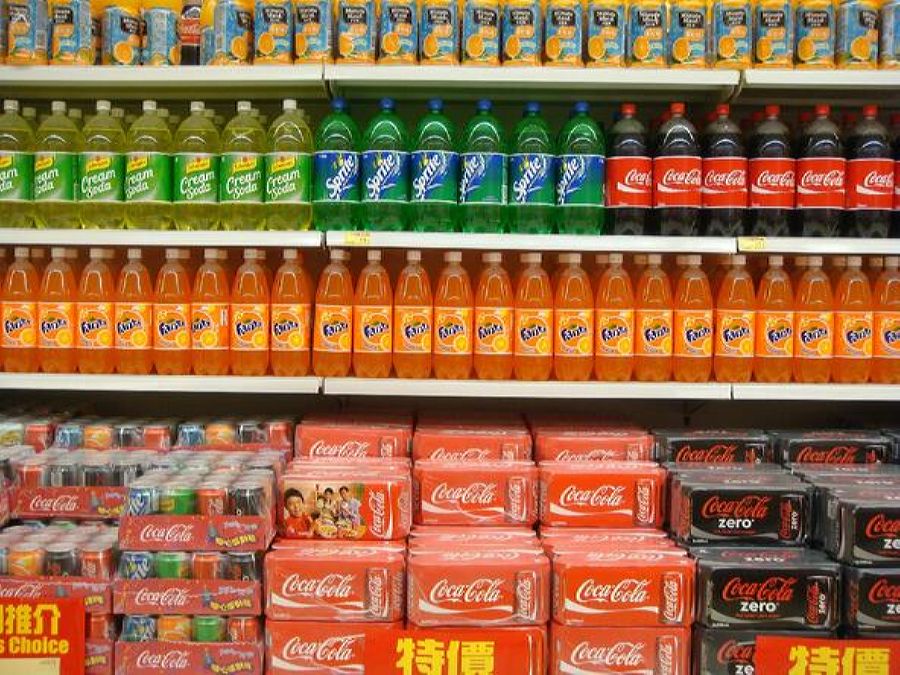
You’ll find a variety of soda flavors for sale at 7-Eleven.
It’s one thing to make a lot of sales. It’s a different thing entirely to turn a profit after all the expenses you need to payout with this business. Now let’s take a look at how much profit can you expect if you are to franchise a 7-Eleven.
As posted on 7-Eleven’s website, the minimum guaranteed gross income is $365,500 for Fuel stores and $399,000 for Non Fuel stores.
In the first $500,000 earnings of the store, the franchisee earns 50% and 7-Eleven charges 50%. In the next $500,000 ($501,000 – $1,000,000), the franchisee earns 47% and 7-Eleven charges 53%. For amounts over and above $1,000,000, the franchisee earns 44% and 7-Eleven charges 56%.
- Company revenue/sales per year – In 2020, 7-Eleven’s retail sales amounted to $18.25 billion US dollars. This is from a total of 9,522 7-Eleven stores in the United States.
- Number of units – 9,522
- Average Gross Revenue Per Store – $1,916,614
- Industry Average Profit Margin – 48%
- Projected Annual Profit Per Store – $919,974.72
This profit per store numbers is before lease payments, paying employees salaries, and taxes. Don’t forget that you’ll need a salary as well if you plan to actively manage the store too. These expenses will be variable depending on the location. If you open a store in California, expect your overhead to be higher than if you open a store in the Midwest.
Looking for a Franchise? Take Our 8-Minute Franchise Quiz to Find the Best Option For You.
Numbers don’t lie and with this information you can see that comparing how much money you’ll need to start and get a store going to how much you’re going to earn in the long run, getting a 7-Eleven franchise can be worthwhile even after expenses.
7-Eleven SWOT Analysis
7-Eleven was established in 1927 and has become the world’s largest convenience retailer that consistently ranked as a top-10 franchisor. With consistent innovation and staying power of many decades, it has opened up big opportunities for entrepreneurs worldwide. Here is a SWOT analysis of the 7-Eleven franchise.
Strengths
The company sets up the shop for you. 7-Eleven is a well oiled machine. When you sign on as a franchisee, you benefit from the line of offerings from coffee to snacks, beer, and lottery sales. All your suppliers are already setup and established coming into the business.
One of the strengths of a 7-Eleven franchise is it gives franchisees a helping hand to everything they need to know about managing the store. Store location and design are left to the experts and the actual shop is set up and ready to welcome customers.
Training is provided – As a big company, 7-Eleven knows what they’re doing and have been successful in managing their team. The company gives a comprehensive 8-week training program to ensure that franchisees know the ins and outs of managing the store, explaining all they need to know about the system and processes to make sure they successfully run the shop.
Related Reading: How Much Does it Cost to Buy a Starbucks Franchise?
They source everything for you – Unlike having your own business, sourcing resources for the store will not be a problem. You don’t have to worry about sourcing for products and supplies because they will negotiate with product suppliers for you, recommend what products you need to stock, and provide marketing support to help drive sales. All you have to do is make sure these products are well displayed for the customers to purchase and ensure the store is clean and well run.
Convenient locations – As a convenience store, 7-Eleven knows how important it is to serve customers where it’s convenient for them. This means that location is everything. 7-Eleven outlets are thoughtfully selected to ensure they are in prime locations to service consumers.
Overall brand equity – 7-Eleven is a market leader when it comes to the convenience store industry making it well-known to the market it serves. People already know the brand and aware of the stores offerings. This translates to customer loyalty, reduced price sensitivity, and continuous stability when it comes to revenue streams across all its stores.
Franchise model – With almost 80,000 outlets in different countries in the world, what more do you need to convince you that it’s a good franchise and investment? Many others have put their faith and trust in the company and are doing well in managing their own stores.
Weaknesses
Here are some of the weaknesses of the 7-Eleven business model.
High lease costs – Due to the fact that store locations should be in very convenient locations, it usually means high rent costs for franchisees. With the higher operating cost structure, this means less profit hitting the bottom line.
High staff costs – As 7-Eleven stores operate 24/7, this type of retailing operation entails higher ongoing operations cost structure too. This means you’ll need to pay higher staff costs too, especially those that are working the overnight shift. Usually, you’ll need to pay these employees an extra $2.00 per hour.
Need more investment in new technologies – At this time 7-Eleven is investing in variety research and development projects to combat increased labor costs. One way they are doing this is through cashier less stores. While stores with fewer employees will help curb labor costs, the company still needs to spend significant money upfront to develop this. The vision is for customers to pay for beverages, snacks, and groceries using an app.
Failure at product demand forecasting – I mentioned that product and supplies sourcing will be managed by the company however, their failure at forecasting product demand causes high inventory which ends up having high inventory both in-house and in the channel.
Alcohol and lottery sales not available in all markets – One way 7-Eleven stores boost revenue is through beer, wine, alcohol, and lottery sales like Powerball or scratchers. But not all states allow convenience stores to sell these products, however. If you open a 7-Eleven in a location with more restrictive liquor laws, it could diminish your revenue potential.
Failure to accept internal feedback – The company is not very open to tackling challenges presented by the new entrants which caused a small loss in the market share in the niche categories. As a growing company, they should build an internal feedback mechanism in order to directly work on suggestions and feedback given to better improve the system and serve the customers.
Opportunities
Continued market expansion – One of the ways to improve and grow a business is through market development. This means opening up new stores in different locations, cities, and countries. While this brand is well established and global there’s still room to expand the brand further.
Increased product offering – Providing more products and services in 7-Eleven stores will give better footwork and sales. This could mean offering a great selection of food, adding ATMs, selling cellphone cards, or even car insurance. In some countries, 7-Eleven stores even offer wines, coffee, donuts, pizza, and hot dogs to attract customers.
Related Reading: Can You Be Fired from a Franchise Business You Invested in?
New clients from online channels – 7-Eleven has invested a lot of money into the net platform and has opened a new income for 7-Eleven stores. In the coming years, it will be a great opportunity for 7-Eleven to leverage this and be able to understand better their patron and serve their market using larger statistics analytics.
Exclusive product offering – Through the years, 7-Eleven has managed to build strong relationships with big brands such as Gatorade which offers innovative flavors only available in 7-Eleven stores. Continuously working with brands to offer exclusive products to their customers will be a great push for 7-Eleven’s future.
Threats
Supermarkets are starting to operate 24/7 – In the previous years, only convenience stores operate 24/7. This has been a great advantage for the industry as they are able to serve different customers at all times of the day. However, as supermarkets are starting to operate on the same schedule, it presents a threat to convenience stores like 7-Eleven that sell groceries and personal care items.
Security – As a store that is operational 24/7 and handles a higher percentage of cash transactions, it attracts theft and armed hold-up for some locations. This has led to 7-Eleven outlets putting up CCTV, window barriers, safes, and other safety precautions.
Shoplifting – Like many retail stores, 7-Eleven shoplifting and theft cuts into the bottom line. Running with a minimal staff, also makes shoplifting easier. It’s difficult to catch thieve’s that grab a couple candy bars, a soda, and then walk out of the store. This can really cut into the bottom line if you operate in an area with high crime.
Is the 7-Eleven Worth the Cost to Invest?

Beverages in a convenience store.
As it is with every investment and business opportunity, there are some highs and lows with a 7-Eleven franchise. But first, you have to know what you are looking for and if you are willing and okay to get through the lows to eventually work it out at the end, then I say go for it.
Here are some questions I’d ask myself before applying as a franchisee with 7-Eleven:
- Will I enjoy owning a 24 hour convenience store?
- Do I meet the financial requirements of this franchise?
- Do I have experience operating a convenience store? Do I understand what I’m getting into?
- Is there demand for this concept in the area I plan to open?
- Will you enjoy interacting with convenience store customers?
Becoming a 7-Eleven franchisee isn’t for everyone. The reality is managing a round the clock convenience store requires a lot of time and effort. It’s not uncommon for owners to put in 60+ hours per week managing a store.
In the company website, 7-Eleven explains how they will get you through everything, hand-in-hand, with trainings and seminars for franchisees to know how to handle the store and make it successful. This alone shows their commitment to attract, support and help franchisees and give them the opportunity to grow along with their company.
7-Eleven is a legitimate opportunity for entrepreneurs. But you need to be honest with yourself about whether or not you’ll enjoy operating this demanding business.

